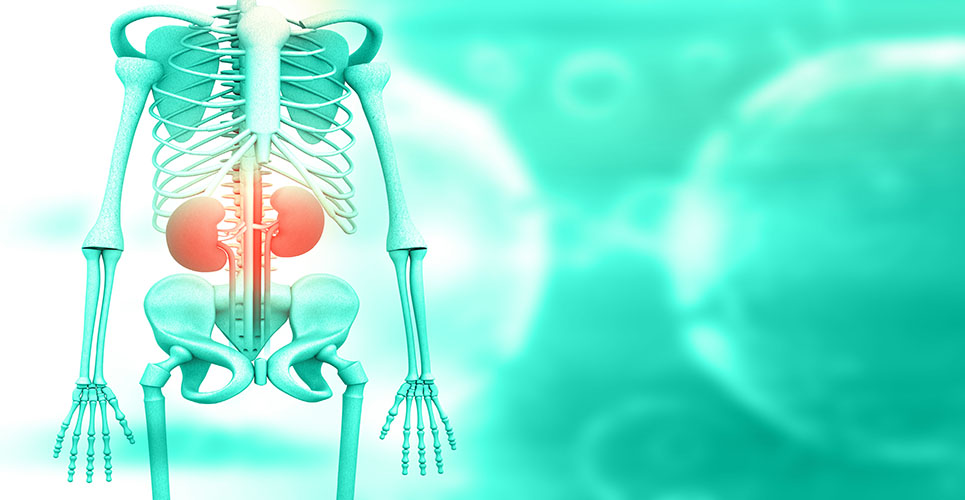teaser
Demand for transplant organs Europe-wide is hardly being met, with donor numbers at just 0.8–35.1 per million people. Another issue is the European Commission’s role in regulation and “organovigilance”
Brian Edwards
CBE
Emeritus Professor of Health Care Development
University of Sheffield
UK
President
HOPE (European Hospital and Healthcare Federation)
Brussels
Belgium
Transplanting of human organs has become well established in the last 50 years and is now a successful standard clinical procedure. It is now the most cost-effective treatment for end-stage renal failure, and for end-stage failure of organs such as the liver, lung and heart it is the only available treatment. The downside is the growing number of patients on transplant waiting lists. In Europe, this is estimated to be at least 40,000, with mortality high at ten patients a day. The main issue is shortage of donor organs, although some countries seem to do better than others in securing transplantable organs with full consent.
There is evidence that patients are moving across national boundaries to gain transplants. Because all children in Spain must be treated equally, the children of illegal Moroccan migrants receive organs harvested in Spain. In Asian countries transplant tourism has been well established for some years.
The organ shortage has also stimulated organ trafficking by criminal groups who track down donors in developing countries, illegally remove their organs and pass them on to recipients in the EU. This is dangerous for recipients, as all organs pose a risk of transmission of diseases, including human immunodeficiency virus (HIV) and hepatitis B and C. Such risks make the full evaluation of every organ and its allocation to an appropriate recipient essential.
Reasons for widely varying donor rates across Europe (0.8−35.1 per million population) are usually said to relate to culture and law, but effectiveness of the donation system also plays a role. The crucial issue is identifying persons who could become donors upon death. There is a significant volume of altruistic donations from living persons, representing 17% of kidney and 5% of liver transplantations. In a 2006 Eurobarometer survey, 56% of Europeans said they were ready to donate organs after their death. This has led some to argue that the law should allow consent to be assumed unless the deceased donor has formally objected during his or her lifetime. A major public consultation has just started in the UK about changing the law to this effect.
Organ transplants always operate under intense time restraints. The process from procurement to transplant has to be completed in a few hours to preserve organ viability and at the same time be matched and assigned to a suitable recipient. This means the transplant system has to be underpinned by an effective infrastructure.
Europe-wide regulation
The European Commission (EC) plans to add value to national programmes by:(1)
- Addressing genetic aetiology: diagnostic approaches to biotechnologies and genetic and cellular therapy are not immediately available.
- Clarifying the legal framework on quality and safety and the database needed for “organovigilance” − risk assessment of donor policies and evaluation of results.
- Identifying the most effective systems and sharing this data between member states.
- Producing guidelines for offering surplus organs to other countries and EU-wide agreement on issues relating to non-EU patients.
Any future European regulation in this area is likely to include a requirement that each country has a national oversight authority, a common set of quality standards for authorising bodies to undertake transplantation and standards for effective preservation and transportation of organs. The EC will also want to see systems that permit traceability, plus reporting of serious adverse events and reactions. This implies strong inspection and control powers which do not exist in all member countries.
These steps will not lead to an “EU transplant system”, advocated by some, but a sensible degree of enforced collaboration between member states.
No detailed plans are presented to limit trafficking, which is banned by international law. The EU charter of fundamental rights includes prohibition on making the human body a source of commercial gain. The EC will monitor trafficking very closely and only recommend further action if evidence emerges of its presence in EU member states.
EU involvement in the transplant sector is important for other specialties but should not be exaggerated, as this level of detailed engagement will remain the exception rather than the rule. Countries will be encouraged to collaborate but health policy will remain a mainly national responsibility. ■
Reference
1. Communication from the Commission to the European Parliament and the Council. Organ donation and transplantation: policy actions at EU level. May 30, 2007. Brussels. COM [2007] 275.

